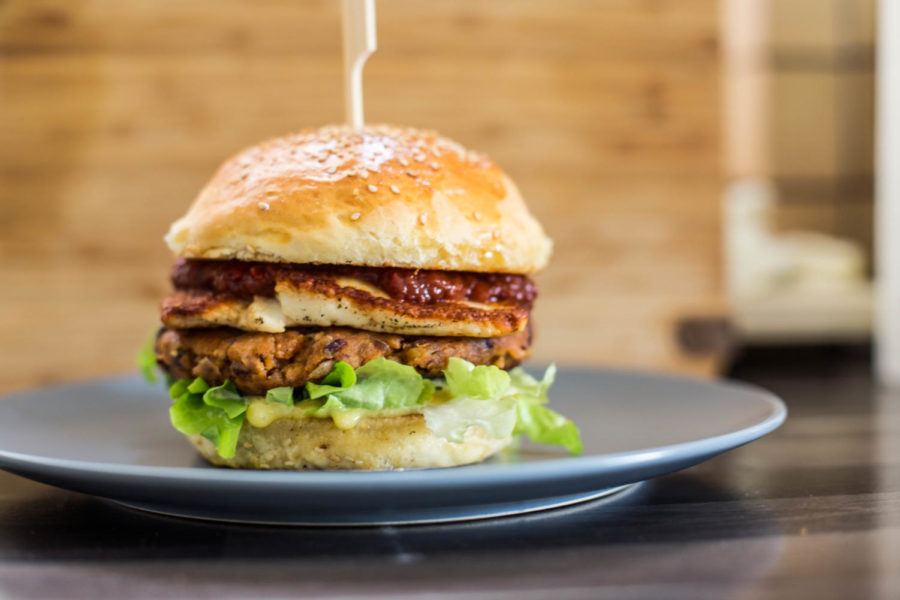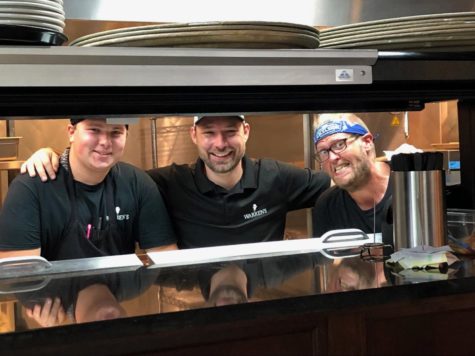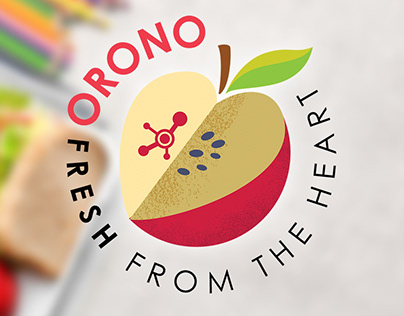Impossibly Too Good to be True
November 11, 2019
Megan Craft
Copy Editor
As the rise of vegetarians and vegans steadily increases, so does the need for alternative meat substances. In 2019, Impossible Foods started its partnership with Burger King, Qdoba, and many other restaurants, quickly becoming a favorite among the non-meat-eating community. Veggie burgers have been around for years, so what really is the difference between a traditional veggie burger and an alternative meat substance such as the Impossible Burger?
While veggie burgers have been a staple in a plant-based diet, they don’t share the same likeness as real meat. Veggie burgers are made out of primarily soy, lentils, beans and other vegetables, making them very distinguishable from a traditional burger. This is very different from the Impossible Burger, which crafts every ingredient with the goal of replicating real burger meat.
“Impossible Foods uses genetic engineering to make ingredients that are essential to the taste and texture of its plant-based meat substitute: soy leghemoglobin (also known as heme) and soy protein. Soy protein replaced wheat protein as the main base for Impossible’s second recipe, while soy leghemoglobin is responsible for making the patty taste like meat,” Business Insider said.
According to Business Insider, Impossible Foods uses genetically engineered ingredients in order to replicate the taste and texture of real meat.
Their effort and attention to detail even has some of the most devoted meat eaters impressed. “The first time I had the Impossible Burger I was kind of scared,” senior Saylor Hibbs said.
Not only can alternative meat substances be morally guilt-free, but according to PETA, they are also lower in fat, carbohydrates, calories and cholesterol.
It tasted exactly like meat! I actually ended up preferring the taste of the Impossible Burger to that of regular beef.
— Saylor Hibbs
These faux-meat burgers are less of a burden on the environment, “The pressure on the planet would be impacted in a huge and positive way if everyone replaced meat with plant or cell-based alternatives. With the global population expected to swell to 9.7 billion by 2050, meat alternatives could be effective in creating a more sustainable food supply without forcing people to change their diet too drastically,” Bruce Friedrich said, the co-founder and executive director of the Good Food Institute, a nonprofit think tank for cultivated meat and plant-based meat.
“I recently made the switch over to vegetarianism. It wasn’t really a hard switch, but I do sometimes find myself missing meat, and it’s nice to know that so many restaurants are now accommodating of a non-meat based diet. It reassures my decision when I can still go into a restaurant and have options,” senior, and former meat eater, Molly Martini said.
Though the Impossible Burger boasts some benefits, the highly processed recipe leaves a high level of saturated fat, according to nutritionist Elisabetta Politi. She also weighs in on the “meatless meat” trend by saying that the Impossible Burger was created in a lab by the food industry and therefore cannot be wholesome food.















